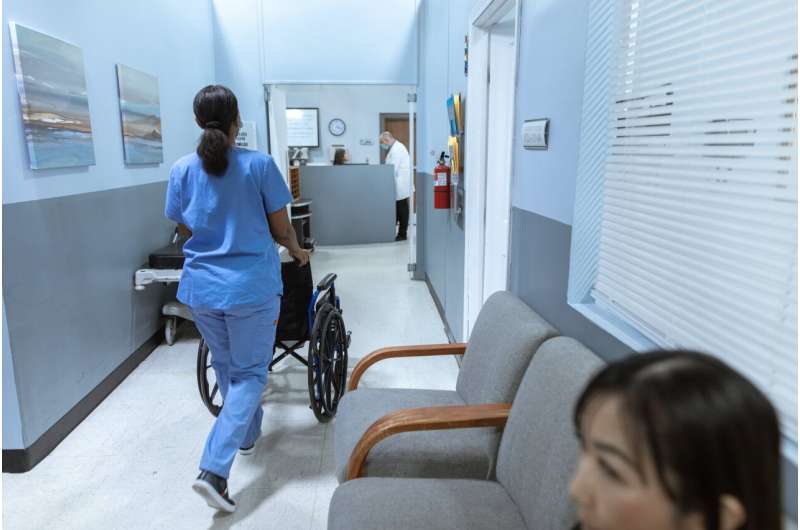Innovative Tool Developed to Detect Untrustworthy Research Trials

Researchers introduce INSPECT-SR, a groundbreaking tool designed to identify unreliable and fraudulent research trials, enhancing the integrity of medical evidence and systematic reviews.
An international team of researchers has introduced a new tool designed to identify problematic randomized controlled trials (RCTs), including cases of fraud and serious trust issues. The tool, named INSPECT-SR, aims to improve the reliability of research evidence by enabling users to assess the trustworthiness of RCTs systematically. The finalized version of INSPECT-SR has been published on the preprint server medRxiv and was developed with collaboration from over 150 experts in research integrity and health sciences, led by Dr. Jack Wilkinson from The University of Manchester, alongside the University of Colorado Anschutz Medical Campus and Cochrane.
The rise of problematic high-level summaries, such as systematic reviews, has raised concerns about their integrity, especially given that some studies contain critical errors or are outright fabricated. For instance, in 2023, more than 10,000 research papers were retracted globally, with many relying on flawed RCT data. This issue risks compromising medical research, hindering drug development, and endangering the credibility of academic studies.
INSPECT-SR provides a structured approach, guiding users through 21 checks across four domains: post-publication notices, conduct and transparency, analysis of text and figures, and data accuracy. A notable example of problematic research involved claims about the efficacy of ivermectin for COVID-19, which later turned out to be based on fabricated trials. Similarly, the retraction of clinical studies supporting a fetal pillow device led to revision of guidelines by NICE. Trustworthiness assessments like INSPECT-SR could potentially prevent such instances by revealing statistical anomalies and errors beforehand.
The developers emphasize that INSPECT-SR is not just a fraud detector but also identifies critical errors, shaping the use of trustworthy evidence in healthcare decisions. As the tool integrates with cochrane systematic reviews, it aims to be a standard for evaluating research integrity, especially as future challenges with AI-generated fraudulent studies emerge. Ongoing efforts involve developing automated systems to further enhance reliability, with plans to extend evaluations beyond clinical trials to other research types.
For more details, the tool’s findings are published on medRxiv, including comprehensive information on its methodology and potential applications in maintaining research integrity.
Stay Updated with Mia's Feed
Get the latest health & wellness insights delivered straight to your inbox.
Related Articles
Research Finds No Elevated Risk of Childhood Cancer Near UK Nuclear Sites
A recent study shows no evidence of increased childhood cancer risk near UK nuclear power stations, supporting continued public health safety and monitoring efforts.
Research Explores Why For-Profit Hospitals Have Poorer Patient and Nursing Outcomes
A recent study from the University of Pennsylvania explores why for-profit hospitals tend to have poorer patient safety and nursing care outcomes, emphasizing the importance of investment in nursing services for quality healthcare.
Understanding Heart Attack Symptoms: Beyond Hollywood's Dramatic Portrayals
Many heart attack symptoms are subtle and mild, often misunderstood due to Hollywood's exaggerated portrayals. Recognizing these signs can save lives, according to recent research.



